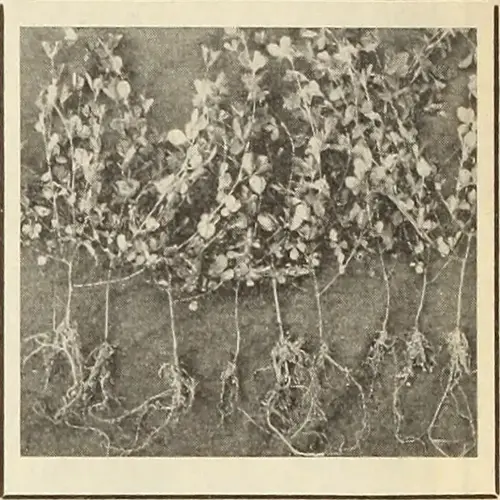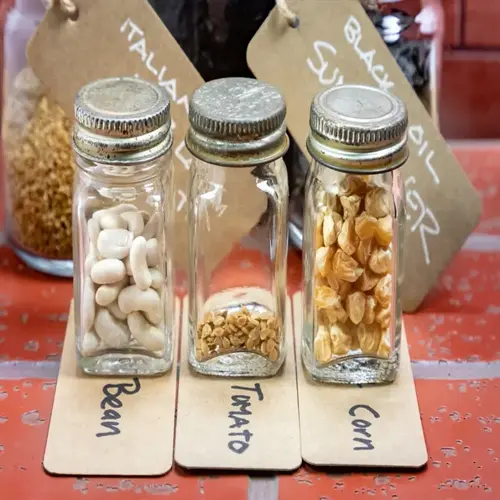Does hydrogen peroxide improve germination?

Written by
Paul Reynolds
Reviewed by
Prof. Samuel Fitzgerald, Ph.D.Hydrogen peroxide treatments are a useful method for promoting seed germination by disinfecting surfaces and softening seed coats. I use a 3% diluted solution for ten minutes for the treatment of seeds (tomatoes and peppers) before planting. Hydrogen peroxide kills pathogens and increases water imbibition without damaging embryos.
Solution Preparation
- Dilute 3% hydrogen peroxide 1:4 with distilled water
- Use room-temperature solutions between 65-70°F (18-21°C)
- Prepare fresh batches for each use to maintain effectiveness
Treatment Process
- Soak seeds for 5-10 minutes maximum to prevent oxidation damage
- Agitate gently to ensure full surface contact
- Rinse thoroughly with distilled water after treatment
Post-Treatment Care
- Plant immediately or begin stratification within 2 hours
- Combine with cold treatment for dormant species like milkweed
- Avoid sunlight exposure during drying to prevent degradation
The process of oxidation decomposes organic matter on seed coats, which affects the water getting in. During my germination experiments, I observed that tomato seeds treated with peroxide germinated two days earlier than those that were untreated. Mold contamination decreased by a whopping 70% in moist stratification setups.
For dormant species, such as milkweed, using peroxide alone will not replace cold stratification. It helps diminish fungal growth on the surface, but it does not break down biochemical dormancy effects. In my trials with native plants, I use both methods in combination for the best results.
Do not exceed exposure times of 10 minutes. Soaking the seeds for too long can damage the cell membranes, leading to the death of the embryos. For more delicate seeds, such as poppies, keep the dipping time to 2-3 minutes. Always test a small batch of seeds before proceeding with a large quantity of costly seeds.
Using hydrogen peroxide is a safe and inexpensive alternative to using chemical fungicides. At proper dilutions, it will not leave any residues that may harm plants or the soil. It especially helps with common germination barriers that home gardeners face when planting seeds indoors.
Read the full article: How to Stratify Seeds: Ultimate Methods Guide

